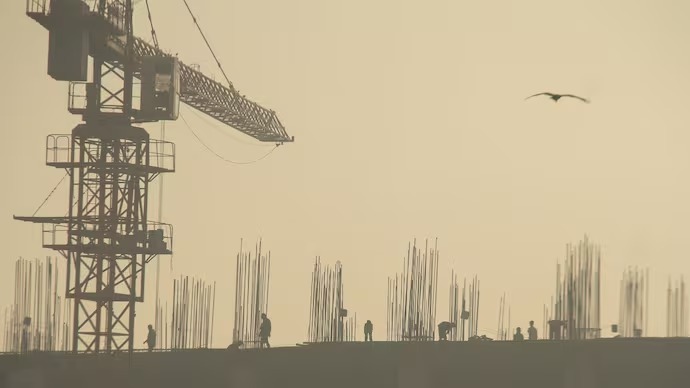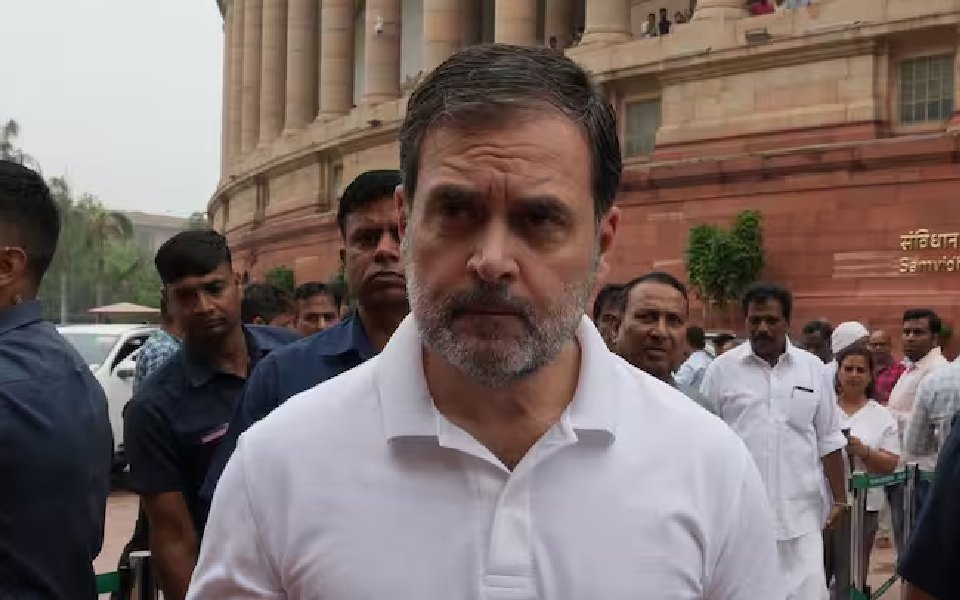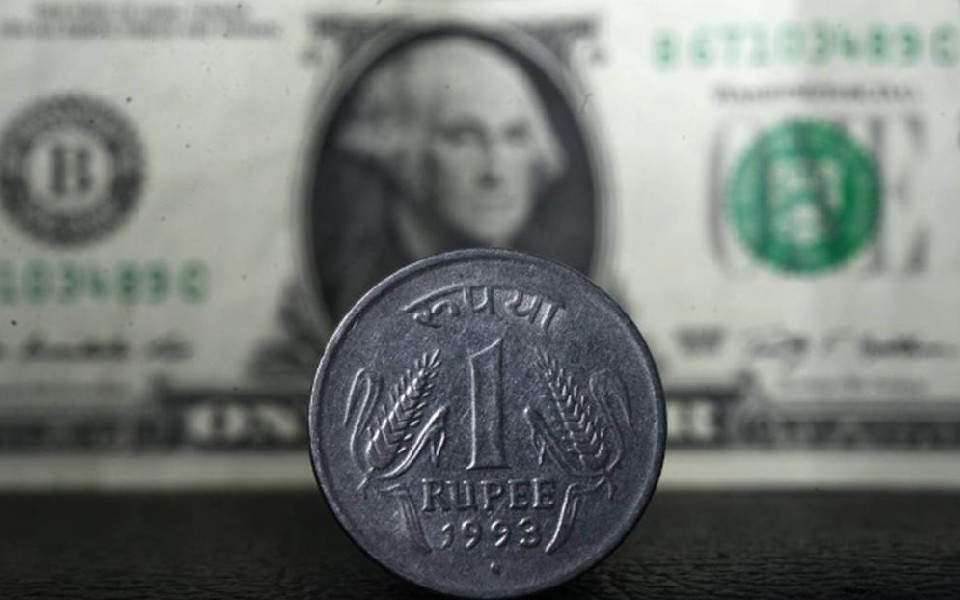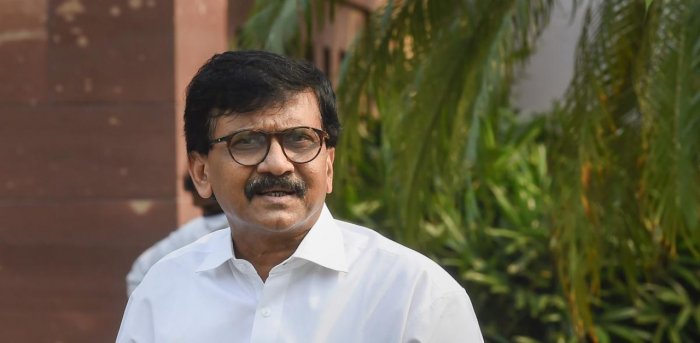United Nations(PTI): The Indian economy is projected to expand by 6.6 per cent in 2025, primarily supported by robust private consumption and investment, according to a United Nations report that said economic growth in South Asia is expected to remain robust this year mainly driven by the "strong performance" in India.
The UN World Economic Situation and Prospects 2025, released here Wednesday, said that the near-term outlook for South Asia is expected to remain robust, with growth projected at 5.7 per cent in 2025 and 6.0 per cent in 2026, “driven by strong performance in India as well as economic recovery in a few other economies”, including Bhutan, Nepal and Sri Lanka.
The Indian economy grew by 6.8 per cent in 2024 and is forecast to expand by 6.6 per cent in 2025. The Indian economy is projected to return to the 6.8 per cent growth in 2026.
“The economy of India, the largest in the (South Asia) region, is forecast to expand by 6.6 per cent in 2025, primarily supported by robust private consumption and investment. Additionally, capital expenditure on infrastructure development is expected to have strong multiplier effects on growth in the coming years,” the report said.
It added that strong export growth in services and certain goods categories, particularly pharmaceuticals and electronics, will bolster economic activity for India. On the supply side, expansion in the manufacturing and services sectors will keep driving the economy throughout the forecast period.
Meanwhile, favourable monsoon rains in 2024 have improved the summer-sowing areas for all major crops, boosting agricultural output expectations for 2025.
Investment growth has remained particularly strong in East Asia and South Asia, partly driven by domestic and foreign investments in new supply chains, particularly in India, Indonesia, and Vietnam, the report said.
In India, the public sector continues to play a pivotal role in funding large-scale infrastructure projects, physical and digital connectivity, and social infrastructure, including improvements in sanitation and water supply. Strong investment growth is expected to continue through 2025.
Consumer price inflation in India is forecast to decelerate from an estimated 4.8 per cent in 2024 to 4.3 per cent in 2025, staying within the 2–6 per cent medium-term target range set by the central bank. While decreasing energy prices have contributed to the ongoing decline, adverse weather conditions have kept prices of vegetables, cereals, and other staples elevated in 2024, resulting in spikes in the country’s headline inflation in June and September.
It said that several developing economies, including China, India, and Mexico, have maintained robust investment growth, while African nations have faced limited public investment due to high debt servicing burdens, and Western Asia has experienced low investment growth amid subdued oil revenues.
Global economic growth is forecast at 2.8 per cent in 2025 and 2.9 per cent in 2026, largely unchanged from the rate of 2.8 per cent recorded in 2023 and estimated for 2024. The positive but moderately slower growth projected for the two largest economies— China and the United States of America—will likely be complemented by mild recovery in the European Union, Japan, and the United Kingdom and strong performance in several large developing economies, notably India and Indonesia, it said.
China is facing the prospect of gradual economic moderation, with growth estimated at 4.9 per cent in 2024 and projected at 4.8 per cent in 2025. Public sector investments and strong export performance are partly offset by subdued consumption growth and lingering weakness in the property sector.
The Chinese authorities have stepped up policy support to lift property markets, address local government debt challenges, and boost domestic demand; the impacts of relevant initiatives are expected to be manifested over time, it said.
The shrinking population and rising trade and technology tensions, if unaddressed, could threaten the country’s medium-term growth prospects, it said.
Among developing countries, robust momentum in India and modest growth acceleration in Africa, Western Asia, and Latin America and the Caribbean will offset a slight moderation of growth in China.
The report noted that weaker external demand, persistent debt challenges, and social unrest and political turmoil in some economies may undermine the outlook for the South Asian region.
“However, risks to the outlook are tilted to the downside owing to the possible escalation of geopolitical tensions, deceleration in external demand, ongoing debt challenges, and social unrest. In addition, as the region is highly vulnerable to the impact of climate hazards, extreme weather events pose a significant risk,” it said.
It said that the labour market situation in developing countries remains challenging, with significant variations in the outlook driven by differing economic conditions and policy responses. Some economies have exhibited resilience, it said adding that employment indicators in India have remained robust.
In India, employment indicators have remained strong throughout 2024, with labour force participation near record highs, the report said, citing the Reserve Bank of India data.
Urban unemployment stood at 6.6 per cent during this period—virtually unchanged from the rate of 6.7 per cent recorded in 2023. Although there has been progress in female labour market participation in the country, substantial gender gaps remain.
Climate-related shocks have battered South Asia in 2024. During the first half of the year, several of the region’s countries—including Bangladesh, India, Pakistan, and Sri Lanka—experienced heatwaves, droughts, and irregular rainfall patterns, which led to reduced crop yields and elevated food prices. Additionally, extreme weather events have disproportionately affected poor rural households, leading to reductions in income and widening income inequality, the report said.
Let the Truth be known. If you read VB and like VB, please be a VB Supporter and Help us deliver the Truth to one and all.
Pune, Jan 10: A special court in Pune on Friday granted bail to Congress leader Rahul Gandhi in a defamation case related to his alleged objectionable remarks on Hindutva ideologue V D Savarkar.
The MP/MLA court granted bail to the Leader of Opposition in the Lok Sabha on a surety bond of Rs 25,000 after he appeared before it through video conferencing, his lawyer said.
Senior Congress leader Mohan Joshi stood as surety for Gandhi (54) before the court presided over by Amol Shinde, judicial magistrate (first class) and special judge for MP/MLA cases.
Advocate Milind Pawar, representing Gandhi, said soon after his client appeared before the court, they moved a bail application.
The judge allowed the plea and granted bail to the former Congress president on a surety bond of Rs 25000, he informed.
The advocate said the court also granted permanent exemption to the Lok Sabha MP from Rae Bareli from appearing before it.
The case was filed on a complaint by V D Savarkar's grandnephew Satyaki, who alleged Gandhi had made defamatory remarks against the Hindutva icon at a programme he attended in London in March 2023.
Earlier, advocate Sangram Kolhatkar, representing Satyaki Savarkar, objected to Gandhi's application seeking virtual appearance.
There was no provision that allows an accused to appear in court through video conferencing before securing bail, Kolhatkar argued.
The court, however, permitted Gandhi to attend the proceedings online.
Wearing a bottle green sweater, the Congress MP appeared before the court and stated his name when the judge asked for it.
The matter will be next heard on February 18.
As per the complaint, Gandhi, while speaking at the London event, stated that Savarkar had written in a book that he and five to six of his friends once beat up a Muslim man and he (Savarkar) felt happy.
According to the complaint, the freedom fighter had not written this anywhere and the Congress leader's remarks were aimed at defaming him.
At the time, the court had asked the Pune police to investigate the allegations and file a report.
The Vishrambaug police, after an inquiry, submitted that there was prima facie truth in the complaint.
Gandhi had skipped the previous court appearance on December 2 citing the winter session of Parliament which he was attending.
His lawyer Pawar had then assured that the opposition parliamentarian will appear in the court on January 10.





